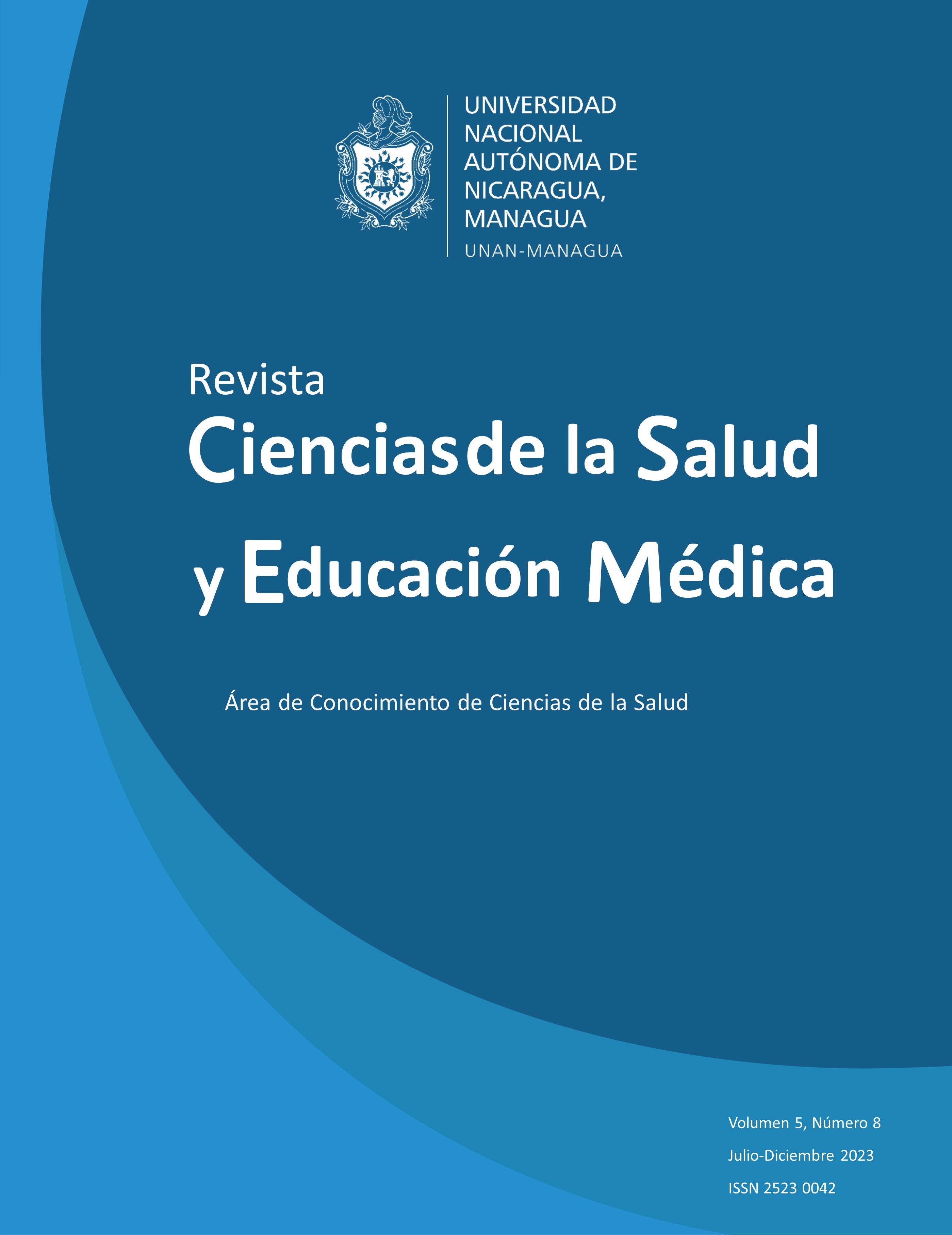Risk factors associated with gynecology surgical site infections
Abstract
Surgical site infections (SSIs) are a persistent challenge in medicine, significantly impacting morbidity, costs, and patients' quality of life despite advancements in techniques and preventive measures. SSIs, which occur in the operated area and are uncommon, it can have serious health consequences and a high economic burden. These infections generally originate during surgery, due to microorganisms introduced into the wound, although they can also be acquired postoperatively if the wound does not close properly or if there are predisposing factors. They represent a considerable economic problem due to prolonged hospitalizations and additional treatments. Up to 60% of SSIs are preventable with evidence-based measures, highlighting the importance of identifying specific risk factors. This study at Bertha Calderón Roque Hospital, Managua, analyzes these factors in gynecological surgeries performed between January 2013 and December 2015. The findings show that age, origin, educational level, occupation, and personal pathological history are significant factors. It is also observed that prolonged preoperative stays and diagnoses such as pelvic tumors increase the risk of SSIs. The study aims not only to reduce infections and costs, but also to prevent unnecessary suffering, emphasizing the importance of prevention to improve the safety and quality of life of patients.
Keywords: infection, risk, gynecology, prevention

